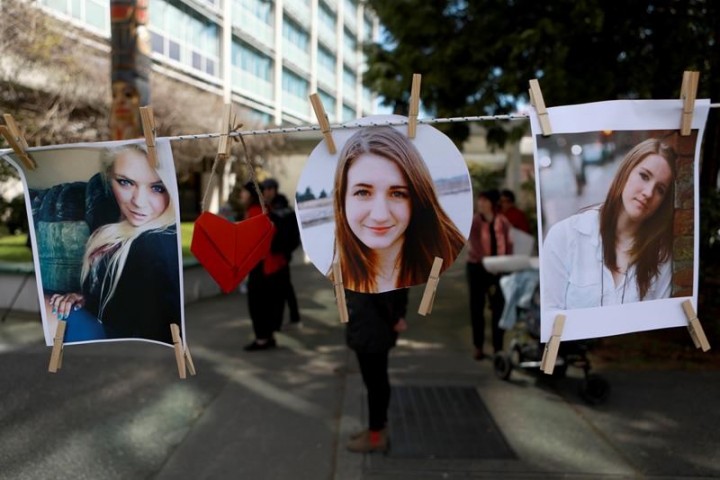VICTORIA — The coroners service in British Columbia says more females are dying from illicit drug use.
It says that while men have historically accounted for nearly 80 per cent of fatalities, more than 26 per cent of those who died in April were female, continuing a trend that began earlier this year.
The service recorded 161 drug-related deaths in April, which is lower than a high of 210 fatalities in January.
The median age of those who died between March 2020 and February 2022 was 44, but the number of deaths in older age groups continues to rise.
The service says 38 per cent of deaths occurring this year among people aged at least 50.
A release from the coroners service also notes drug users on Vancouver Island and in northern areas of the province are particularly at risk of death from a toxic supply of substances, prompting chief coroner Lisa Lapointe to urge people not to use alone.
“Anyone using illicit substances, whether they are regular or occasional drug users and whether they know their dealer or not, is currently at risk from the unpredictable, unregulated supply,” Lapointe says.
Mental Health and Addictions Minister Sheila Malcolmson says stigma surrounding addiction and substance use is among the reasons for the high number of overdose deaths in B.C.
“Shame and fear keep many people from accessing the care they need. The fear of being criminalized has led many people to hide addiction and use drugs alone — and using alone can mean dying alone,” Malcolmson said in a written statement.
She says decriminalization of small amounts of drugs for personal use starting in January in B.C. is a critical step in the fight against the toxic drug crisis because people who are currently prevented from accessing support will be more likely to do so.
This report by The Canadian Press was first published June 9, 2022.
The Canadian Press
Related


































